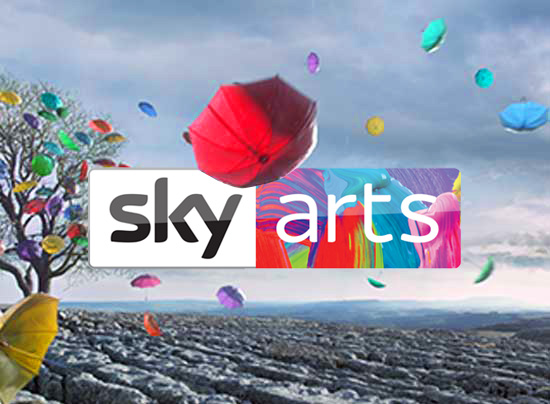How would you describe War Horse: The Story in Concert to someone who doesn’t know what it is?
It’s an evening-length concert in which Michael Morpurgo’s acclaimed story of a horse and his journey through the First World War, is told by the author himself on-stage, accompanied by Juliet Stevenson as co-narrator, along with a full symphony orchestra, chorus and a songman soloist. The novel was the basis of a hugely-successful play featuring life-sized horse puppets that opened at the National Theatre in 2007. The play featured an orchestral score and folk songs, and after some years of the show’s success, it seemed a logical progression to develop the story into another form on the concert platform.
Why should we come to see the show, and what should the audience expect from War Horse?
Michael Morpurgo’s book is an enduring, hugely heart-warming tale appealing to all generations. At this particularly poignant time – the Centenary of World War One – it has a special resonance. If you enjoyed the play, you’ll love hearing this story retold in another form. While you won’t see any horse puppets or actors, you’ll experience a unique live telling of the story, clothed in music, and featuring Rae Smith’s gorgeous and vivid illustrations.
What is the one thing you’d take away from War Horse?
Hopefully a warm glow… a sure belief that humanity has endless capacity for reconciliation.
Where did you begin when you sat down to compose your iconic score?
Strangely enough, not with the music! The earliest stages of development of a large project like War Horse consist firstly of absorbing oneself in the story, and understanding the characters and what happens to them over the course of that story. It’s only by getting “under the skin” of it like this that you’re able to start functioning as a composer, because it’s the source of your ideas and the guidance for their development. In the rehearsal room, we’d frequently try out bits of other composers’ music to see what effect they had on scenes. That process has the effect of telling you just as much about what *not* to write as what you should…
What did you find the most exciting about composing the music to War Horse?
Orchestras are in my blood – I’ve been playing in them since I was nine – and I know what an exhilarating force they can be. Twentieth-century symphonies are a particular love of mine, and as it was evident from the start that War Horse needed an orchestral score conceived on an epic cinematic scale, it was the perfect fit for me. The prospect of those 80-or-so world-class musicians – playing, living, breathing – your score is enough to make any composer constantly giddy with excitement. I never tire of it, even after all this time.
The icing on that cake was having the Royal Philharmonic Orchestra record the score at Abbey Road in 2017, with that recording now being re-released. It’s the perfect embodiment of what I always imagined the score to be.
What’s next on the horizon for you?
I got back from New York in April this year having completed Angels in America on Broadway, and decided to focus on writing some chamber music pieces (including one or two that I’m playing in as a violinist). Meanwhile, both War Horse and Curious Incident of the Dog in the Night-time (another of my theatre scores) continue their runs on tour, so there are bits and pieces to do on those. Another project for the National Theatre comes up next year, and on the long-term horizon there’s a violin concerto that I’ve got to start thinking about. Eek!




